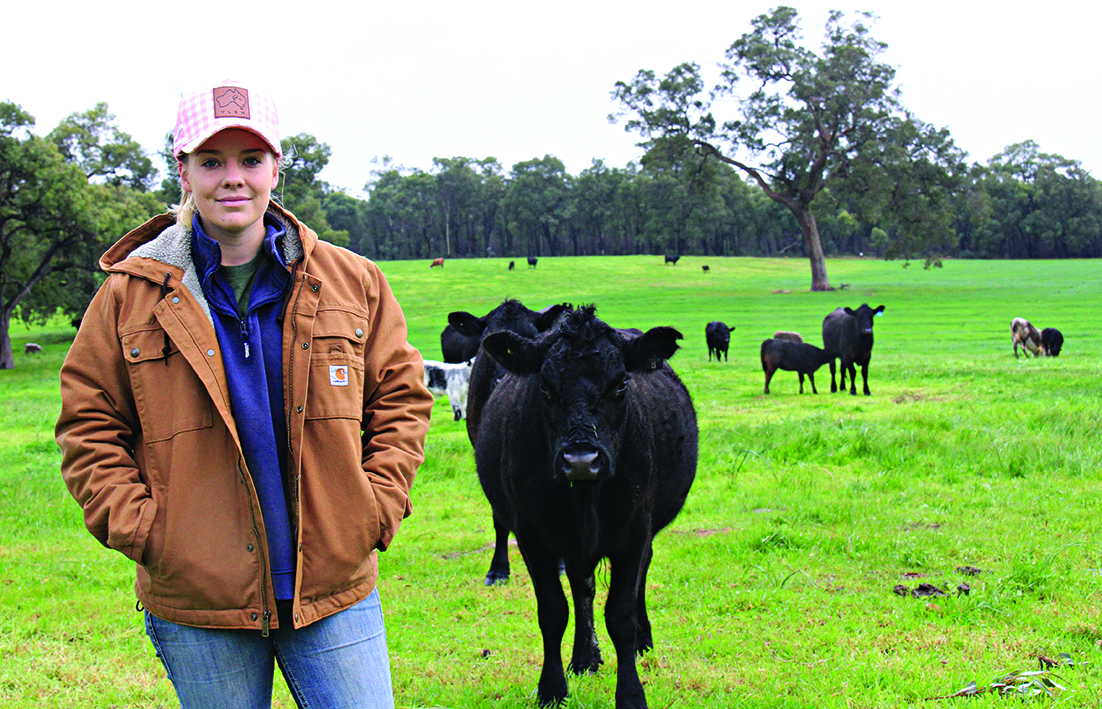
TUESDAY was a busy day at Parliament House, as hours before approximately 700 farmers descended on the building to present a motion calling on changes to the Aboriginal Cultural Heritage Act, the state government repealed the Act all together.
WAFarmers president John Hassell said the intent of presenting the motion was to show the public that farmers were unhappy with the new Act.
“WAFarmers put together a list of recommendations the government should take on board when making changes to legislation to make it workable.
“We knew something was in the air, whether it was repealing the Act or changes to the Act to make it work.
“They’ve repealed the Act, and they’re going back to the drawing board, and we still need to see some major changes to make it workable,” he said.
Mr Hassell said the motion that was due to be presented to opposition leader Shane Love was the result of community meetings with farmers and concerned citizens in Wagin and Katanning.
“We then took those motions and had those motions between WA Grains Group, Pastoralists and Graziers Association and WAFarmers.
“Then we took those motions up to Parliament House with a view of presenting them to parliament,” he said.
The state government said the original Aboriginal Heritage Act of 1972 will be restored in its place with amendments, which the state government said will prevent another incident like Juukan Gorge happening again.
The new amendments to the 1972 Act include the removal of heritage surveys and approval processes for everyday landowners wishing to undertake works on their property, a newly formed Aboriginal Cultural Heritage Council which will make recommendations to the minister, and it now allows proponents and Native Title parties the same right of review under the Section 18 process.
Under the changes the premier also can call in a decision of ‘state significance’ to act within the interests of all Western Australians.
The move to revert to the original laws comes from legal advice from the Solicitor General John Quigley MLA.
“By repealing the legislation, it means that all the extra burdens and obligations placed on landowners have now been removed.
“That means all landowners, be they freehold, leasehold, licensee, invitee or citizen, at large have one simple obligation: that is to not knowingly damage an Aboriginal cultural heritage site, which has been the law since 1972,” Mr Quigley said.
Meanwhile, Gidgegannup farmer Tamara Michalek said she is relieved the Act has been repealed.
“I’m really grateful, there was a lot of ambiguity around the Act, and now farmers Western Australia wide have been put at ease a little bit, and also given more of an opportunity to have their voices heard before things like this come into place.
“It gives me a lot more confidence that we are reverting back to a system that has been in place for a long time, and by the sounds of it, was working quite well,” she said.
But Mrs Michalek said now the government must turn its attention to the upcoming live export ban, another issue for WA farmers.
“This is a prime example of what happens when people band together.
“This Act being scrapped just shows how powerful that is, and I’m really hoping that sheep producers and cattle producers and all farmers across Western Australia band together and form a similar stance on the live sheep export ban,” she said.
WAFarmers president John Hassell said that the live export ban was next on the agenda.
“Its been on our list this whole time and we’ve been working hard on it.
“Now we’ve got to this point with the Cultural Heritage Act, and hopefully the government’s going to continue to engage with us, so that we can then turn and concentrate on the live trade.”